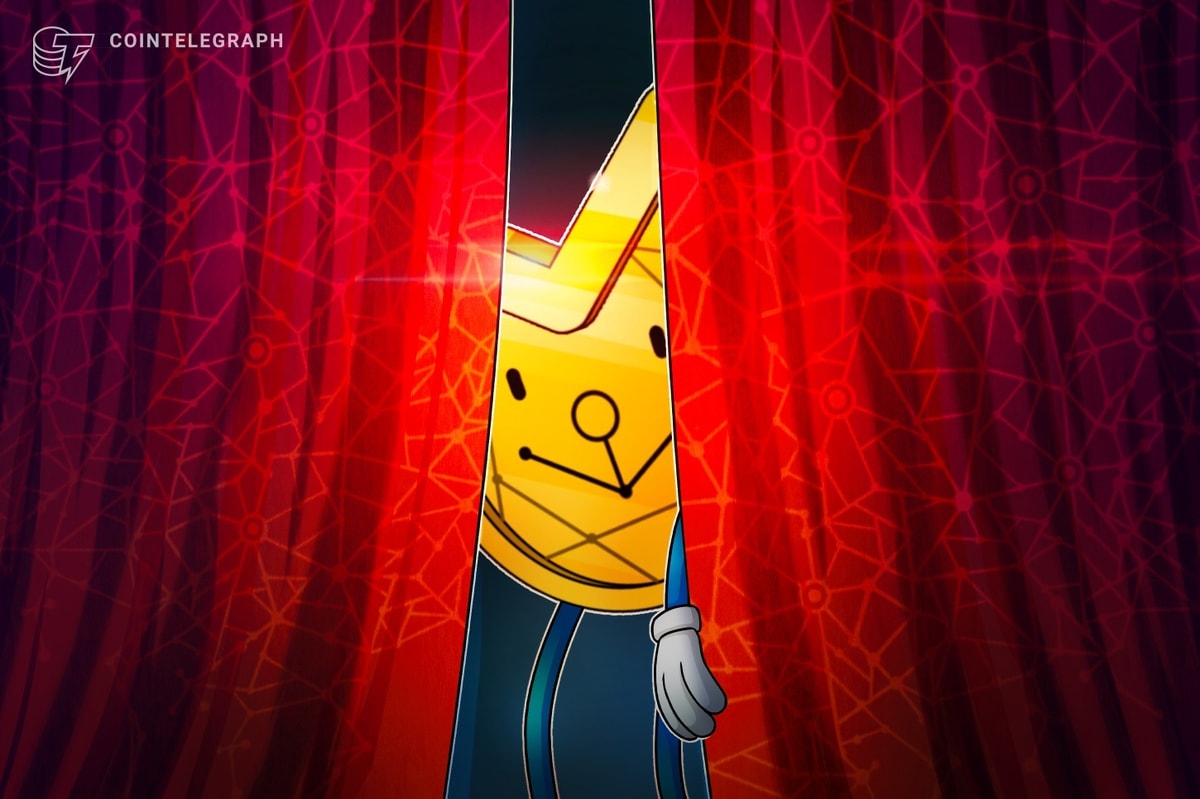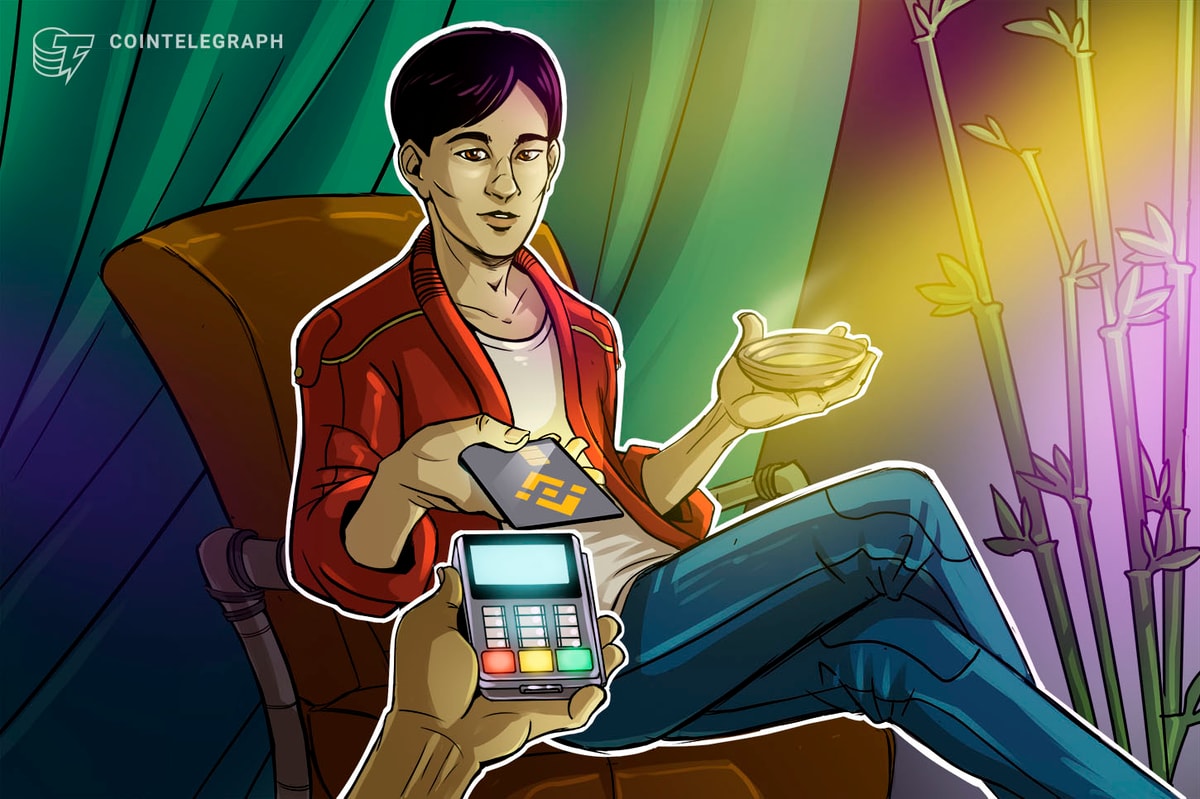In brief
- Six professional footballers, including World Cup winners, are under investigation for allegedly promoting a crypto project that defrauded investors of at least $3.4 million.
- Spanish prosecutors allege the Shirtum platform used player endorsements to sell NFTs tied to image rights, but never delivered a working product.
- Victims say funds were siphoned for personal use while the platform was quietly abandoned, prompting a criminal probe in Barcelona.
Six elite footballers, including World Cup winners and former Barcelona and Sevilla stars, are facing fraud allegations after a crypto company they promoted vanished with millions in investor funds, leaving thousands holding worthless digital tokens.
Barcelona's Fifth District Court has launched a criminal investigation into a crypto and NFT scheme allegedly fronted by a group of Spanish and Argentine businessmen, with promotional help from the players, according to an El Periodico report.
Filed by 12 victims earlier this year, the case accuses Shirtum Europa SLU and its promoters of defrauding investors out of at least $3.4 million (€3 million) through the sale of non-functional NFTs tied to footballer image rights, purchased with the company’s in-house token, $SHI.
Among those named in the complaint are World Cup winners “Papu” Gómez and Lucas Ocampos, ex-Barca players Ivan Rakitić and Javier Saviola, as well as Nico Pareja and Alberto Moreno.
The alleged masterminds, Argentine businessman David Rozencwaig and Catalan entrepreneurs Manel Ángel Torras, his son Marc Alberto Torras, and Manuel Morillas, are accused of creating a "complex corporate structure" in Spain and Andorra, designed to evade taxes and avoid personal liability.
The complaint includes 13 expert reports and a financial analysis by top economics professor Prosper Lamothe, who describes the company’s structure as deliberately opaque and tax-evasive.
The NFTs were marketed as exclusive digital collectibles, some priced at over $513 (€450), but were never made tradable or supported by a functioning platform.
Shirtum allegedly used players' reputations to build credibility, presenting them as "founders" and public ambassadors, according to the complaint cited by local reports.
In March 2022, Shirtum claimed it had suffered two massive crypto thefts and was the victim of a hack, yet no police report was ever filed.
Meanwhile, investigators say funds were siphoned for personal use, and the Shirtum platform was quietly abandoned.
The footballers served as promotional faces for the venture, with "Papu" Gómez—a close friend of alleged ringleader David Rozencwaig—allegedly recruiting other players after promoting himself as a company "founder" before systematically erasing all Shirtum evidence from social media alongside his fellow players.
Big names, big losses
“This Shirtum Europa case really shows how tricky things can get with crypto and NFTs,” Mohith Agadi, founder of decentralized fact-checking system Fact Protocol, told Decrypt. “People see big names like football stars and think it’s a safe bet, but that trust can be exploited.”
The Shirtum scandal points to the volatile relationship between Spanish football and crypto partnerships.
A ban on gambling advertising implemented in 2021 prevents La Liga teams from agreeing such deals with betting companies, creating a sponsorship vacuum that crypto firms rushed to fill.
However, this crypto embrace has proven problematic.
Many La Liga clubs have been left with "defaults, complaints, and an experience to forget" after partnerships with crypto sponsors soured, with several Spanish clubs now suing their crypto partners for unpaid sponsorship fees.
As Agadi noted, "Blockchain's great for tracking transactions, but scammers use it to fake legitimacy too."
Edited by Sebastian Sinclair
Daily Debrief Newsletter
Start every day with the top news stories right now, plus original features, a podcast, videos and more.

 5 months ago
13
5 months ago
13









 English (US) ·
English (US) ·